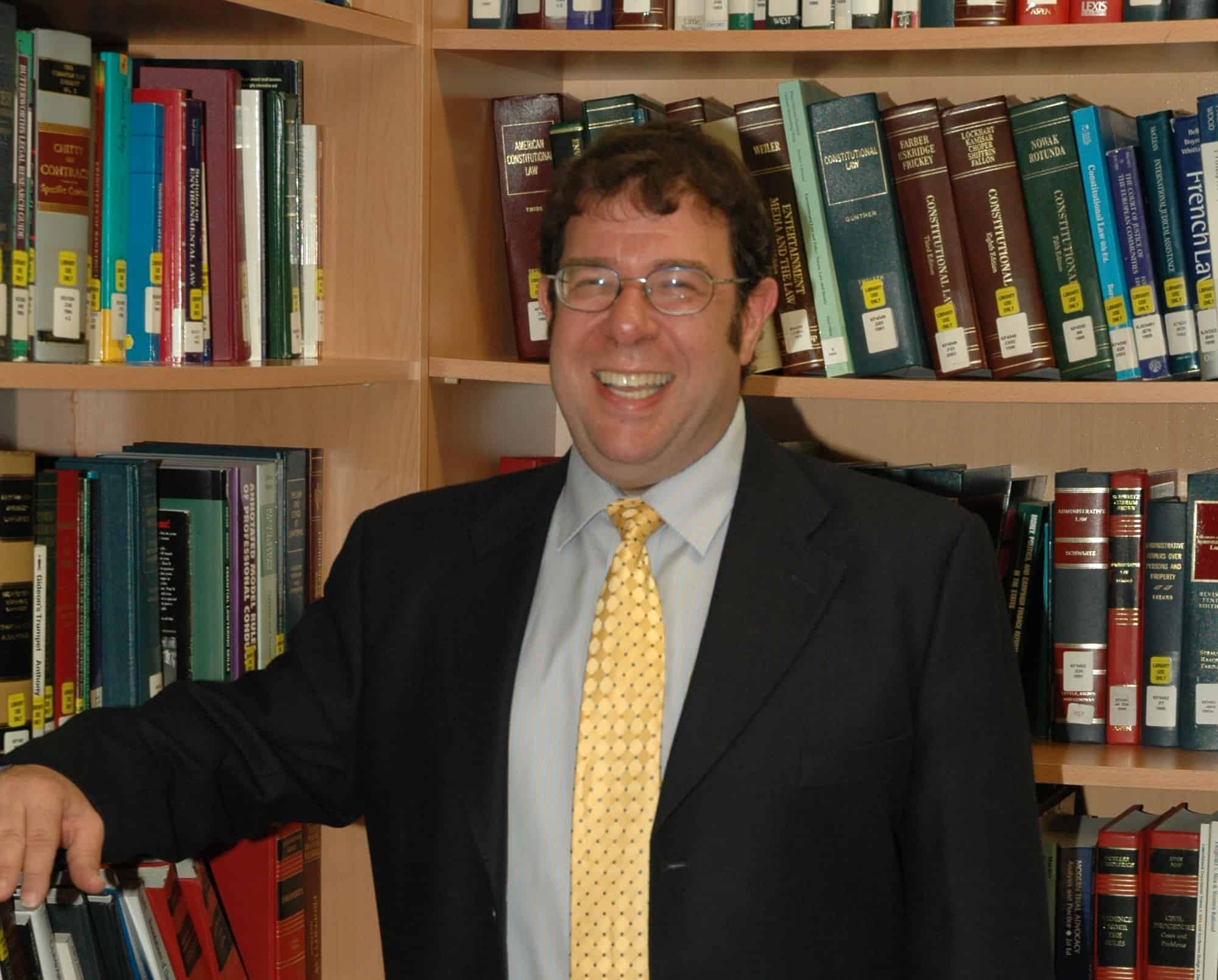Only One Way to Say All

“All peoples have the right to self-determination,” says article 1 of the United Nations International Covenant on Civil and Political Rights. How would you translate the beginning of this sentence into Armenian?
If you open Thomas Samuelian’s English-Armenian dictionary, you will find that the word “all” in Armenian is բոլոր (polor). Polor is a plural word, the same as “all.” Hence, the natural translation would be: Բոլոր ժողովուրդները … (Polor joghovoortnere).
However, many people seem to believe that the word ամէն (amen) is a synonym of polor and, thus, we find, both in oral and written language, «ամէն ժողովուրդները» (amen joghovoortnere). This is grammatically incorrect. For starters, amen is a singular word. The root of this confusion is that amen actually means “every” and “each,” but just as you do not say “every peoples have the right” or “each peoples have the right,” you do not say «ամէն ժողովուրդները իրաւունք ունին» (amen joghovoortnere iravoonk oonin).
Therefore, the correct and indisputable use of both words is:
Ամէն ժողովուրդ (amen joghovoort)
Բոլոր ժողովուրդները (polor joghovoortnere)
Similarly, the word ամբողջ (ampoghch, “whole” is frequently mistaken with polor. Some English-Armenian popular dictionaries translate “all” as ampoghch and we have even come across one recently published English-Armenian student dictionary that translates “all” as amen, polor, and ampoghch. However, ampoghch is a singular word used only in connection with a collective noun (a singular word which indicates a plurality), such as աշխարհ (ashkharh, “world”), աշակերտութիւն (ashagerdootioon, “student body”), մարդկութիւն (martgootioon, “humankind”), and so on. You cannot say “polor ashagerdnere”and “polor ashagerdootioone,” and you cannot say “ampoghch ashagerdootioonnere” either.
You can only say, in conclusion:
amen ashagerd = “every student” / “each student”
polor ashagerdnere = “all the students” (or “all students”) ampoghch ashagerdootioone = “the whole student body”
